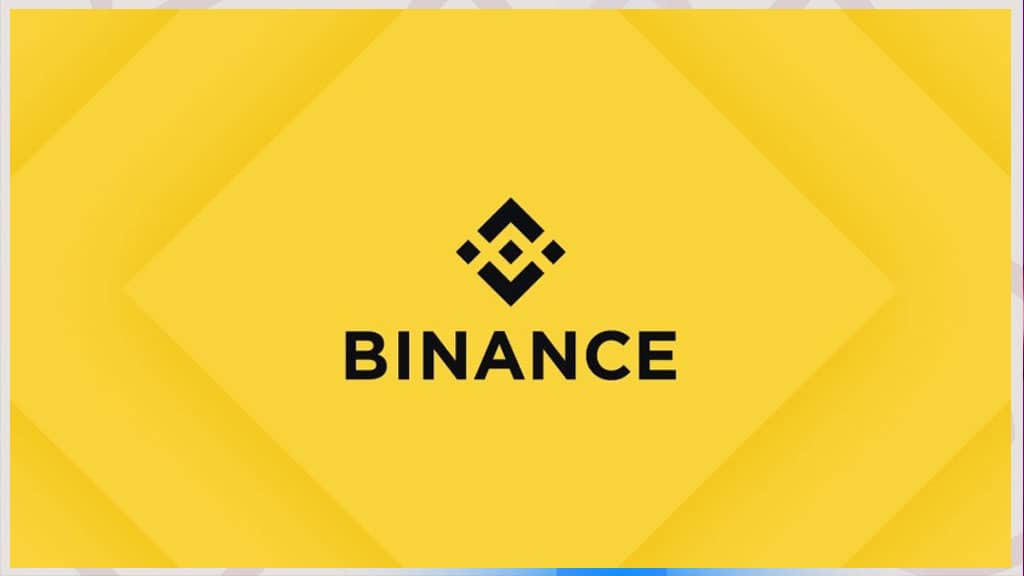Scammers are at it again — this time pretending to be Binance and tricking people through fake text messages. They’re playing a dangerous game, sending out messages about fake account breaches, urging immediate action, and asking for seed phrases or fund transfers. If you get one of these messages, hit the brakes — it’s probably a scam.

The Scam in Action
Australian authorities have raised the alarm about a fresh wave of scams where fraudsters impersonate Binance through fake SMS alerts. On March 21, the Australian Federal Police (AFP) reported that at least 130 people have already fallen victim.
Here’s how it works:
- Scammers send a text that looks like an official Binance alert.
- They mimic Binance’s actual sender ID, making it seem legit.
- The message claims there’s been a security breach and advises you to create a new wallet — sounds serious, right?
- Then comes the trap — you’re given a fake customer service number.
- If you call, they’ll ask you to transfer your crypto to a “trusted wallet” (spoiler: it’s controlled by the scammer).
- Once the funds are sent, they’re quickly moved across several wallets, making it almost impossible to trace or recover.
What makes this scam even more convincing? The fake messages show up alongside real Binance texts — a loophole in telecom systems that allows scammers to send messages under the company’s name rather than a phone number.

Not the First Rodeo
This isn’t new. Similar scams have targeted Coinbase and Gemini users before. On March 14, scammers tried to trick users into setting up wallets using pre-generated recovery phrases — a classic phishing move.
What Are Authorities Doing About It?
AFP is stepping up its game. They’ve started contacting victims directly via email and SMS to warn them. Plus, the Australian government plans to roll out an SMS Sender ID Registry by late 2025. This system will require telecom providers to verify the legitimacy of branded messages — a solid step toward cutting off these scams at the source.
How to Protect Yourself
Binance’s Chief Security Officer, Jimmy Su, has some solid advice:
- Be wary of any unsolicited messages about account breaches or urgent actions.
- Never share your seed phrases — that’s like handing over the keys to your crypto vault.
- If you’re unsure, verify through official Binance channels (like the website or app).
Scams are getting smarter, but so can you. Stay sharp — if something smells fishy, it probably is.

